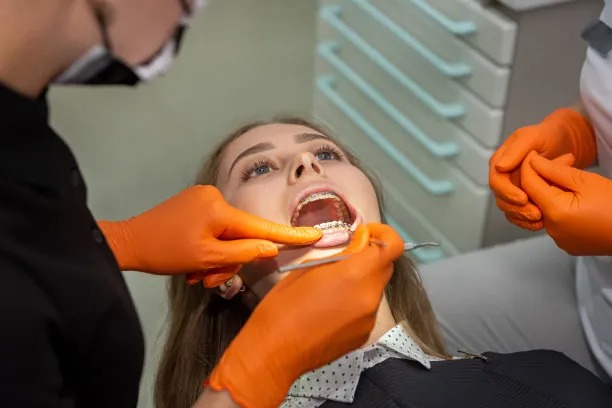Preventing Periodontal Disease Essential Tips for Oral Health
Summary: Periodontal disease, a common oral health problem, can be prevented with essential tips for maintaining good oral hygiene. This article provides in-depth insights on four key aspects to prevent periodontal disease and promote overall oral health.
1. Importance of Oral Hygiene

Good oral hygiene is essential in preventing periodontal disease. Brushing teeth at least twice a day, flossing daily, using mouthwash, and visiting the dentist regularly are key practices to maintain oral health.
By removing plaque and bacteria regularly, individuals can reduce their risk of developing periodontal disease and other oral health issues. It is crucial to establish a consistent oral hygiene routine to keep gums and teeth healthy.
Furthermore, proper oral hygiene can also contribute to overall health and well-being. Research has shown a link between oral health and conditions such as heart disease and diabetes, highlighting the importance of maintaining good oral hygiene habits.
2. Healthy Diet and Lifestyle Choices
Diet plays a significant role in oral health. Consuming a balanced diet rich in vitamins and minerals, limiting sugary and acidic foods, and staying hydrated can help prevent periodontal disease.
Smoking and excessive alcohol consumption can also increase the risk of gum disease and other oral health problems. Avoiding these habits is crucial in maintaining healthy gums and teeth.
Regular exercise and stress management techniques can also contribute to overall oral health. Physical activity and relaxation strategies can help reduce inflammation in the body, including the gums, lowering the risk of periodontal disease.
3. Importance of Regular Dental Check-ups
Regular dental check-ups are vital for preventing periodontal disease. Dentists can detect early signs of gum disease, provide professional cleanings, and offer personalized advice on oral care.
Professional cleanings remove tartar and plaque buildup that regular brushing and flossing may miss, reducing the risk of gum inflammation and infection. Dentists can also assess the overall health of the gums and teeth, addressing any concerns promptly.
Early detection and treatment of gum disease can prevent its progression and minimize potential complications. By scheduling routine dental visits, individuals can proactively protect their oral health.
4. Proper Brushing and Flossing Techniques
Correct brushing and flossing techniques are crucial in preventing periodontal disease. Using a soft-bristled toothbrush and gentle strokes, individuals should brush their teeth in small circular motions to remove plaque effectively.
Flossing daily helps clean between teeth and along the gumline, where a toothbrush cannot reach. Proper flossing technique involves using a fresh section of floss for each tooth and gently guiding the floss to avoid injuring the gums.
Additionally, incorporating mouthwash into the oral hygiene routine can further strengthen gum health by reducing bacteria and freshening breath. Choosing a mouthwash with fluoride can help protect teeth against decay.
Summary:
Preventing periodontal disease requires a holistic approach to oral health, encompassing proper oral hygiene practices, healthy lifestyle choices, regular dental check-ups, and correct brushing and flossing techniques. By prioritizing oral care and adopting these essential tips, individuals can safeguard their gums and teeth from periodontal disease and maintain optimal oral health.
This article is compiled by Vickong Dental and the content is for reference only



